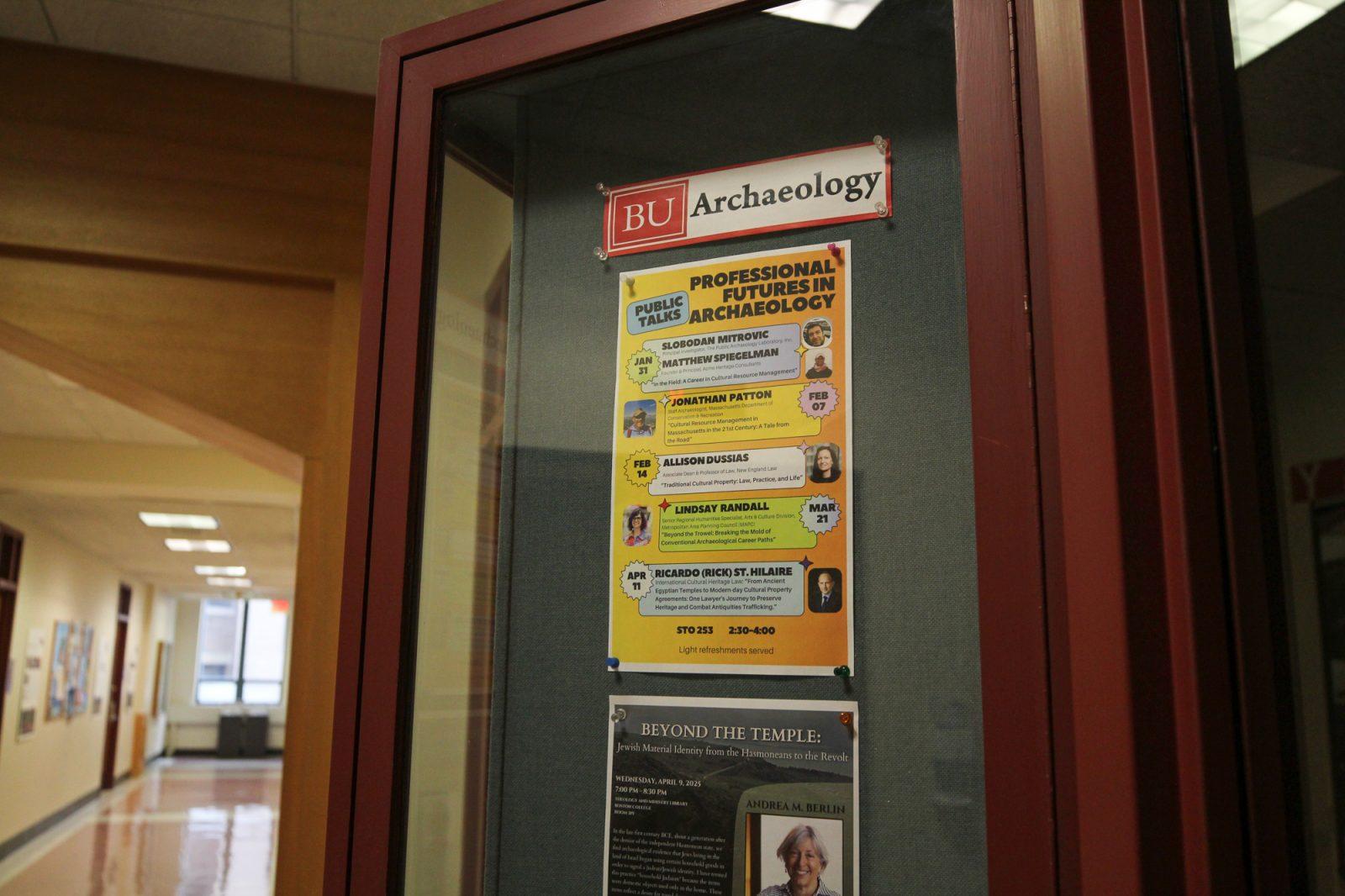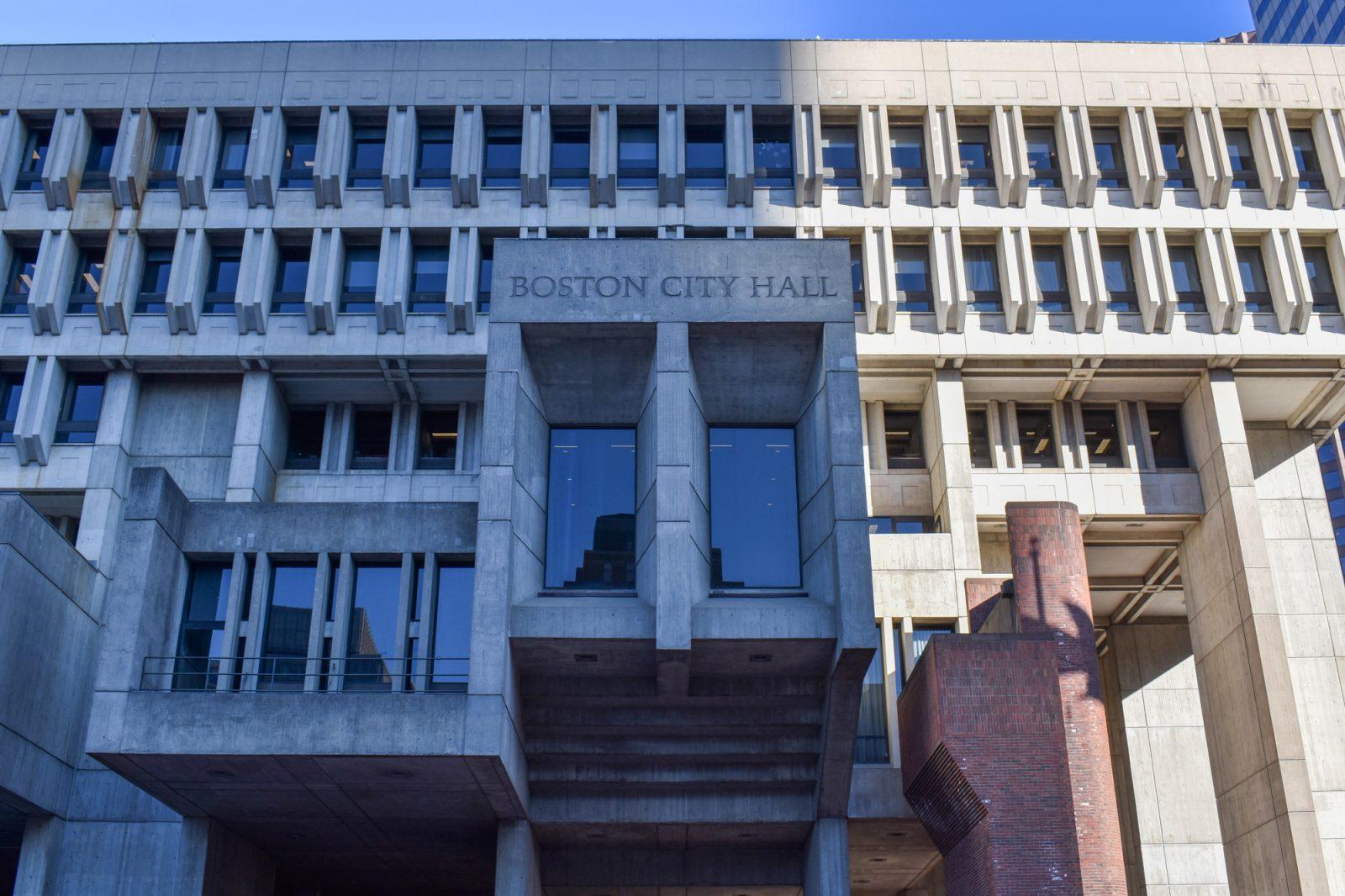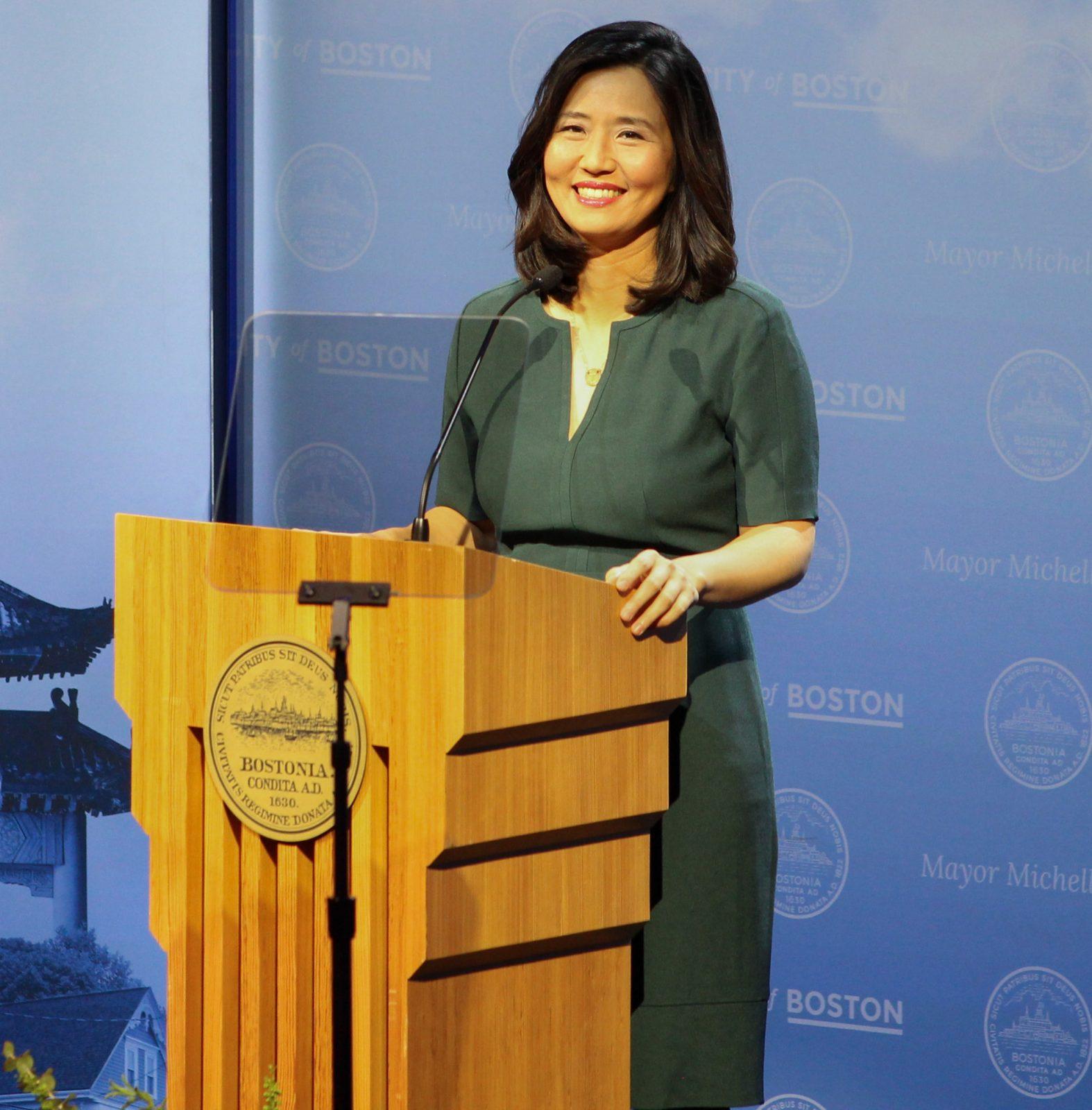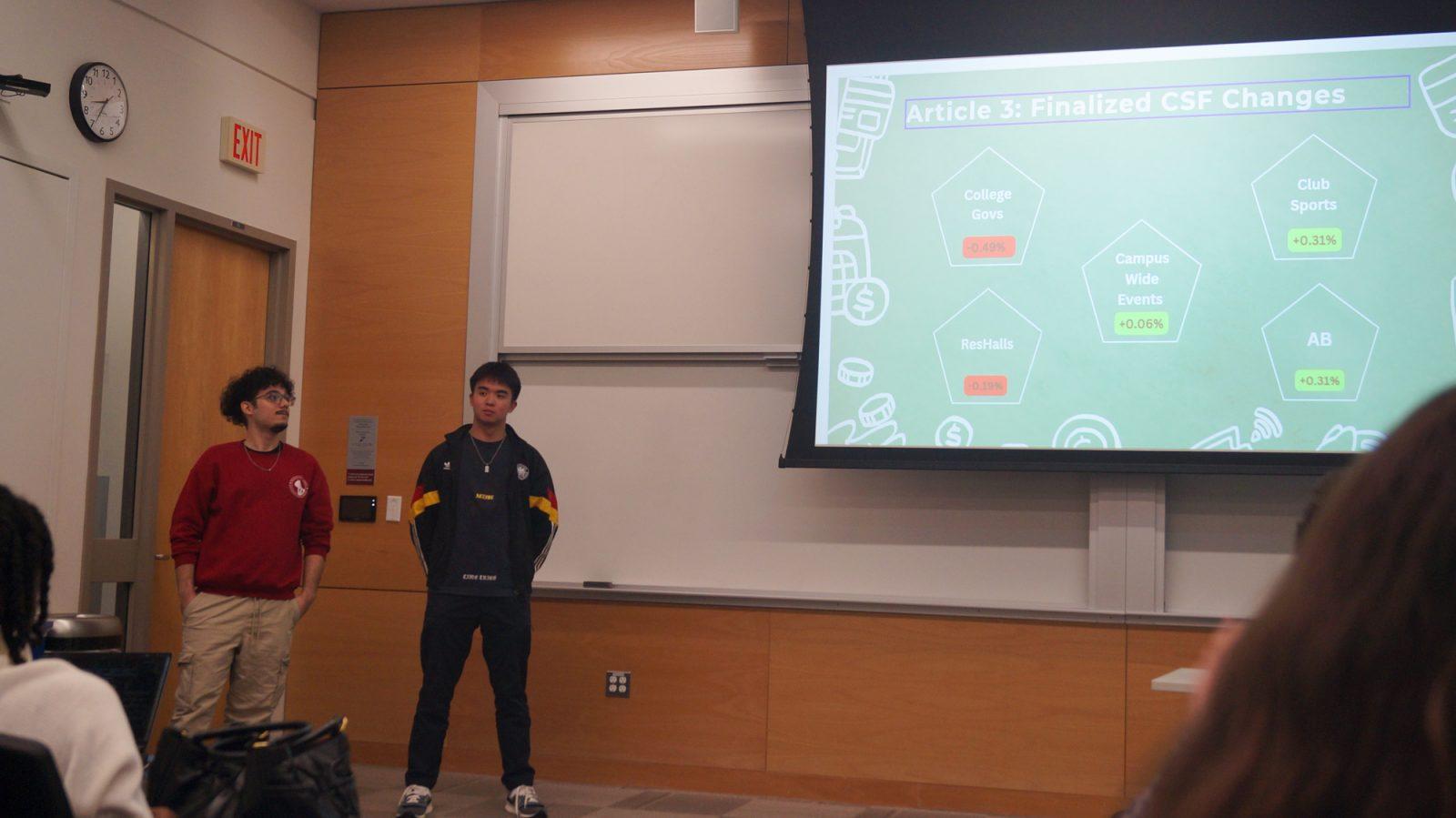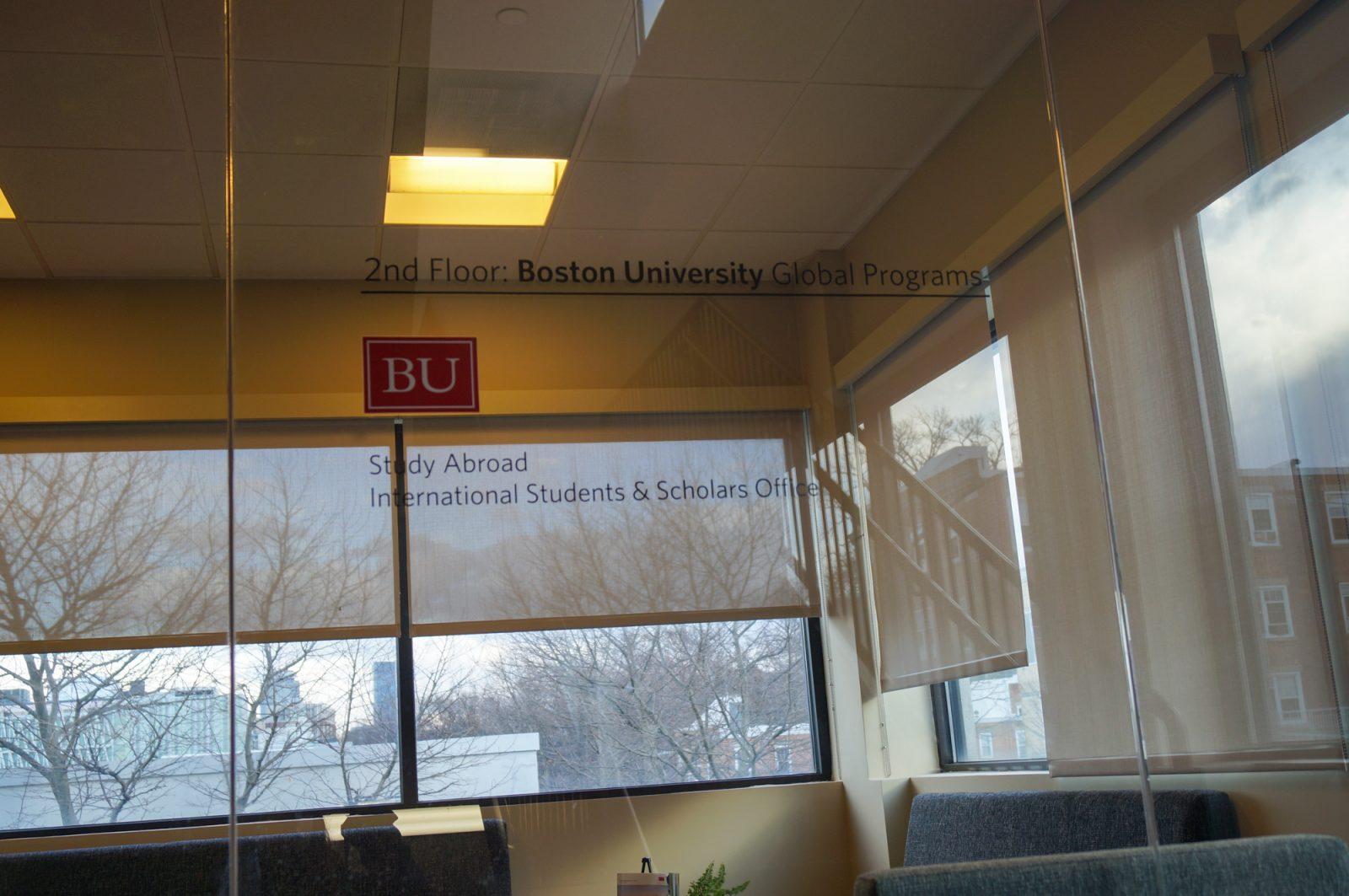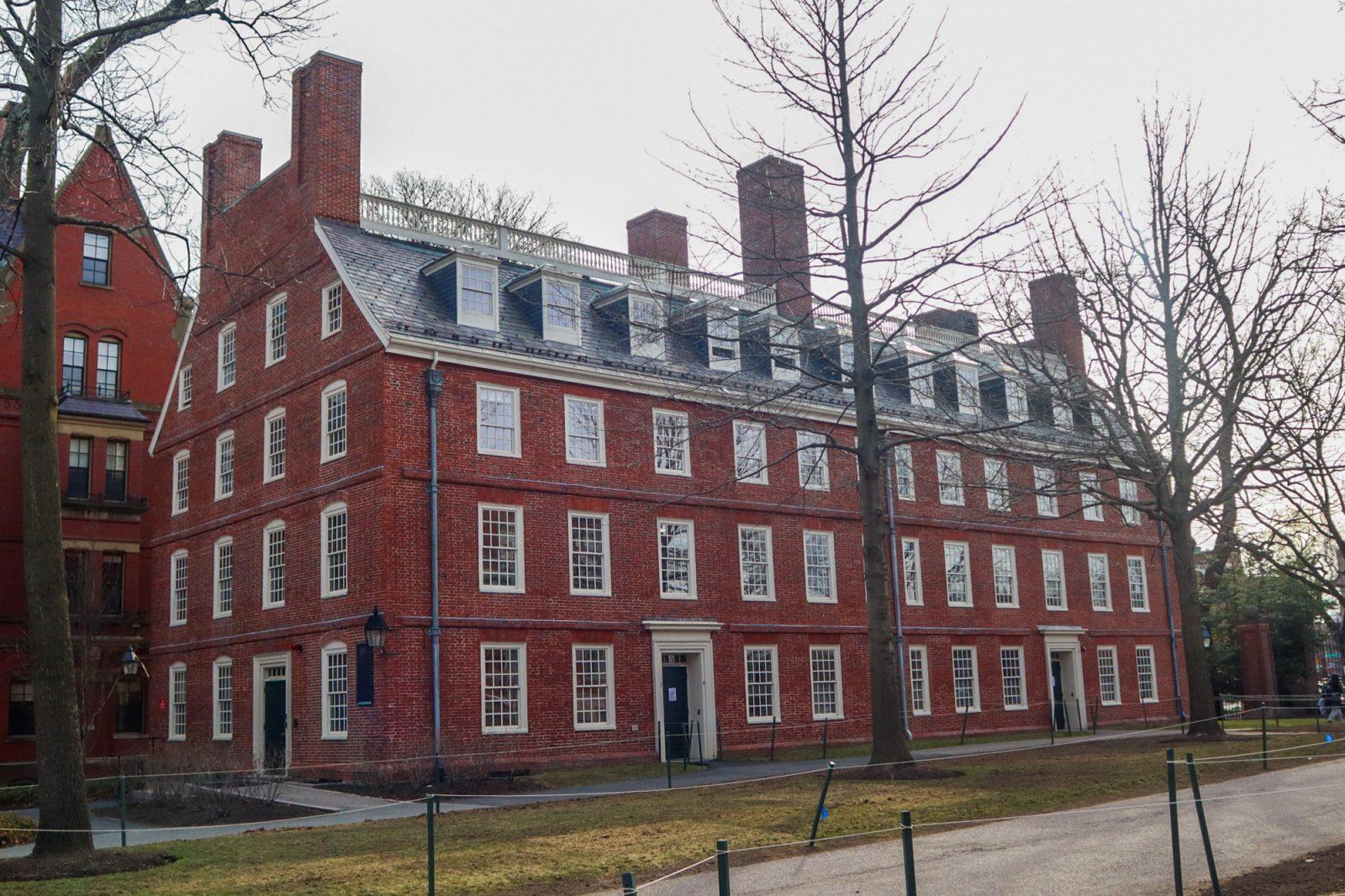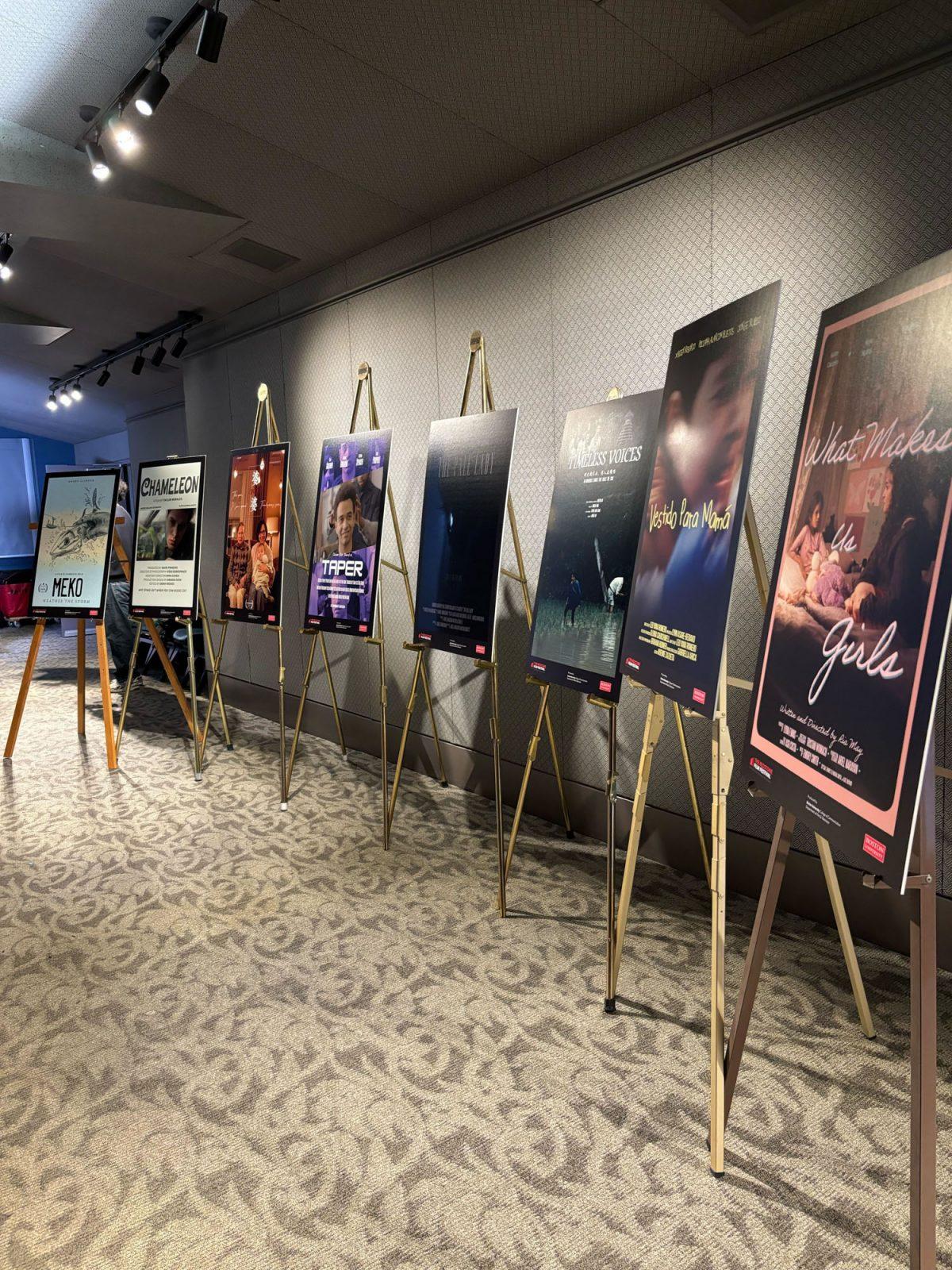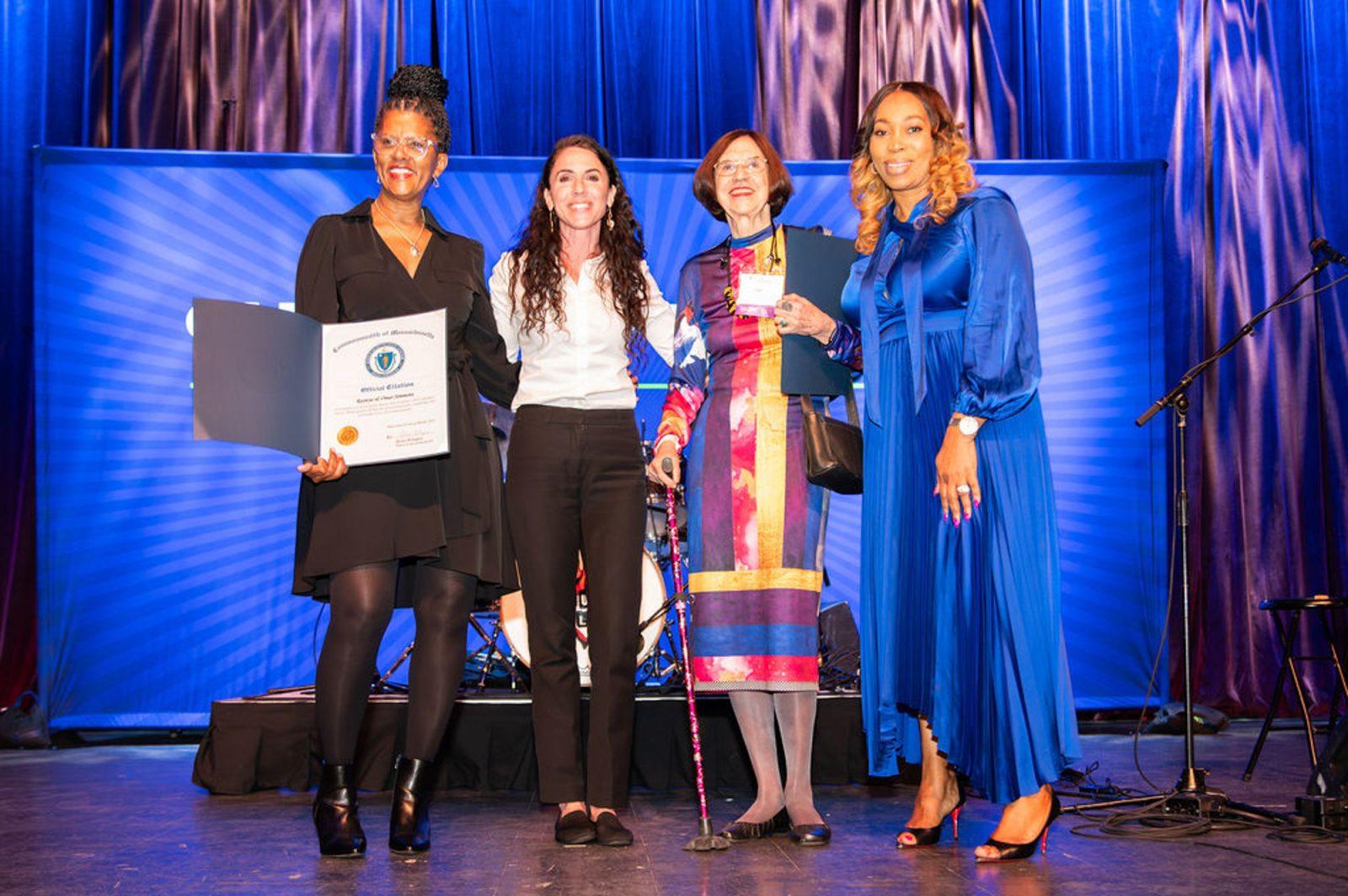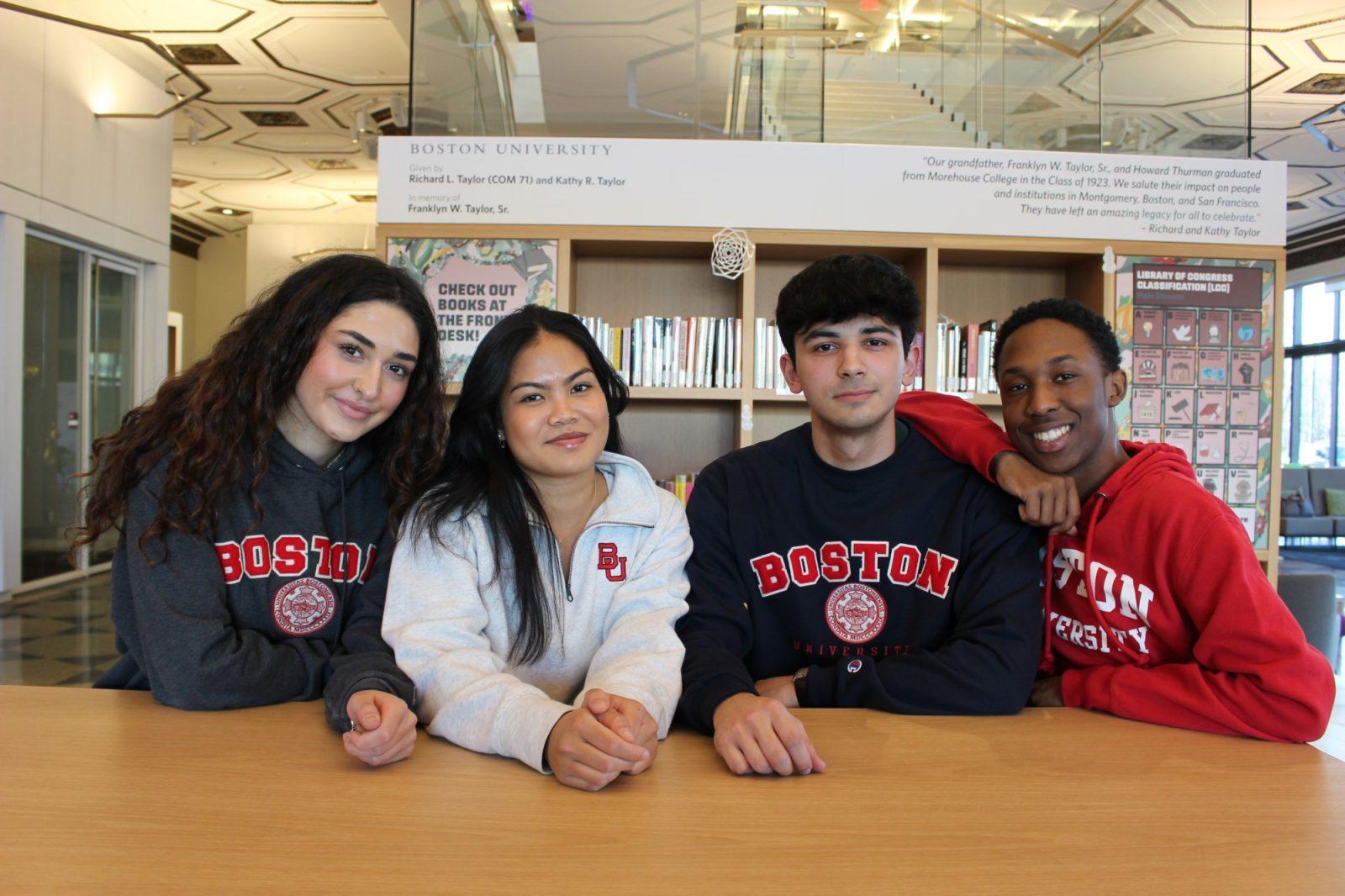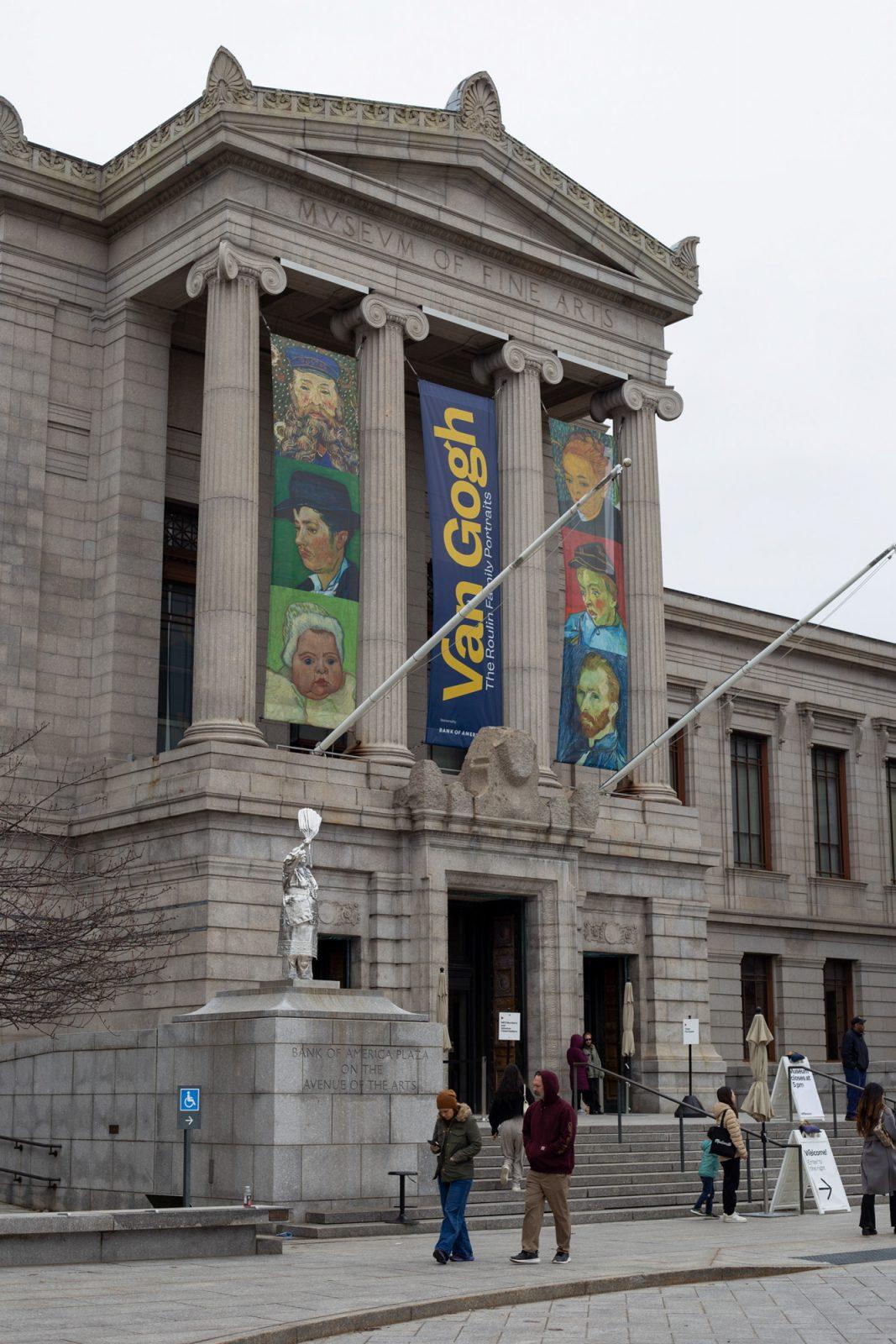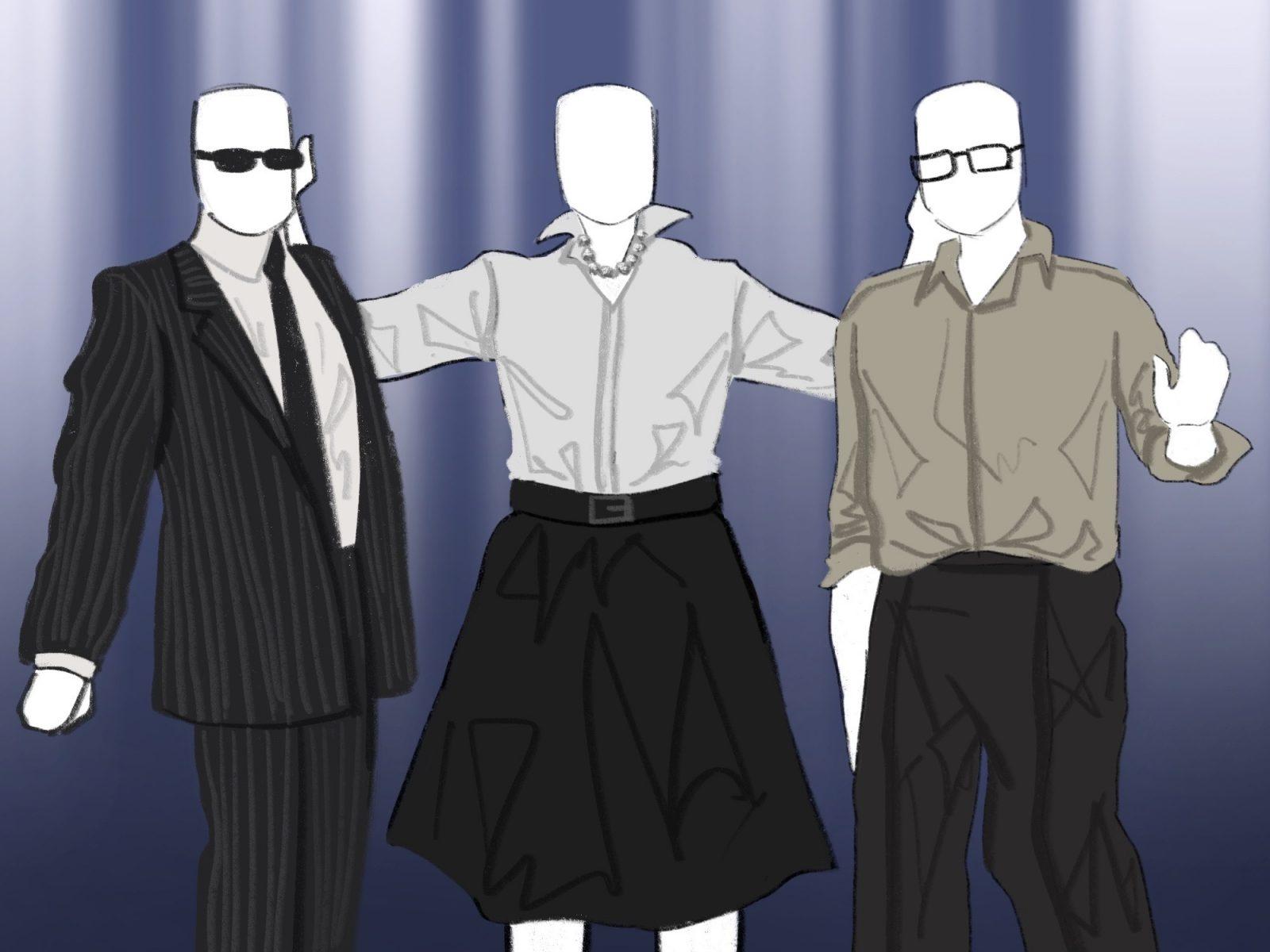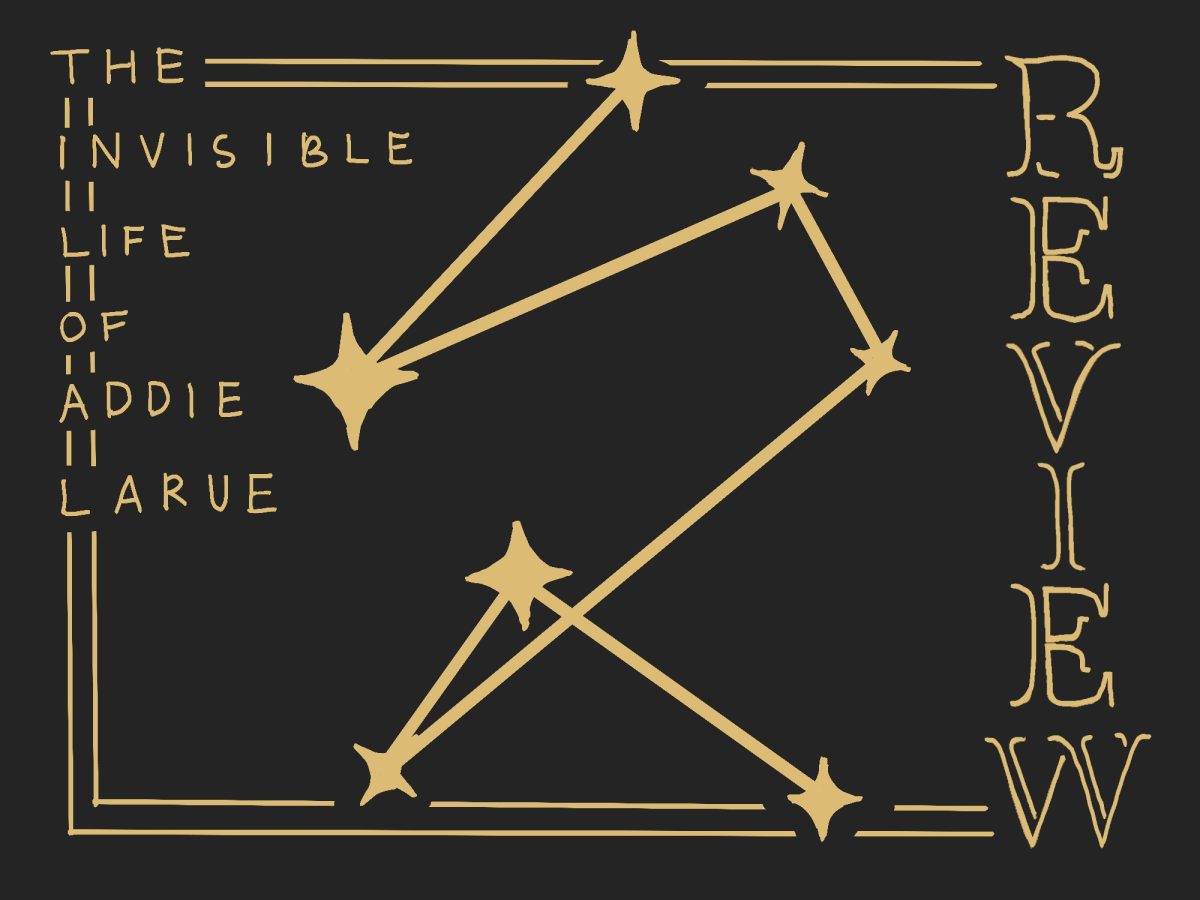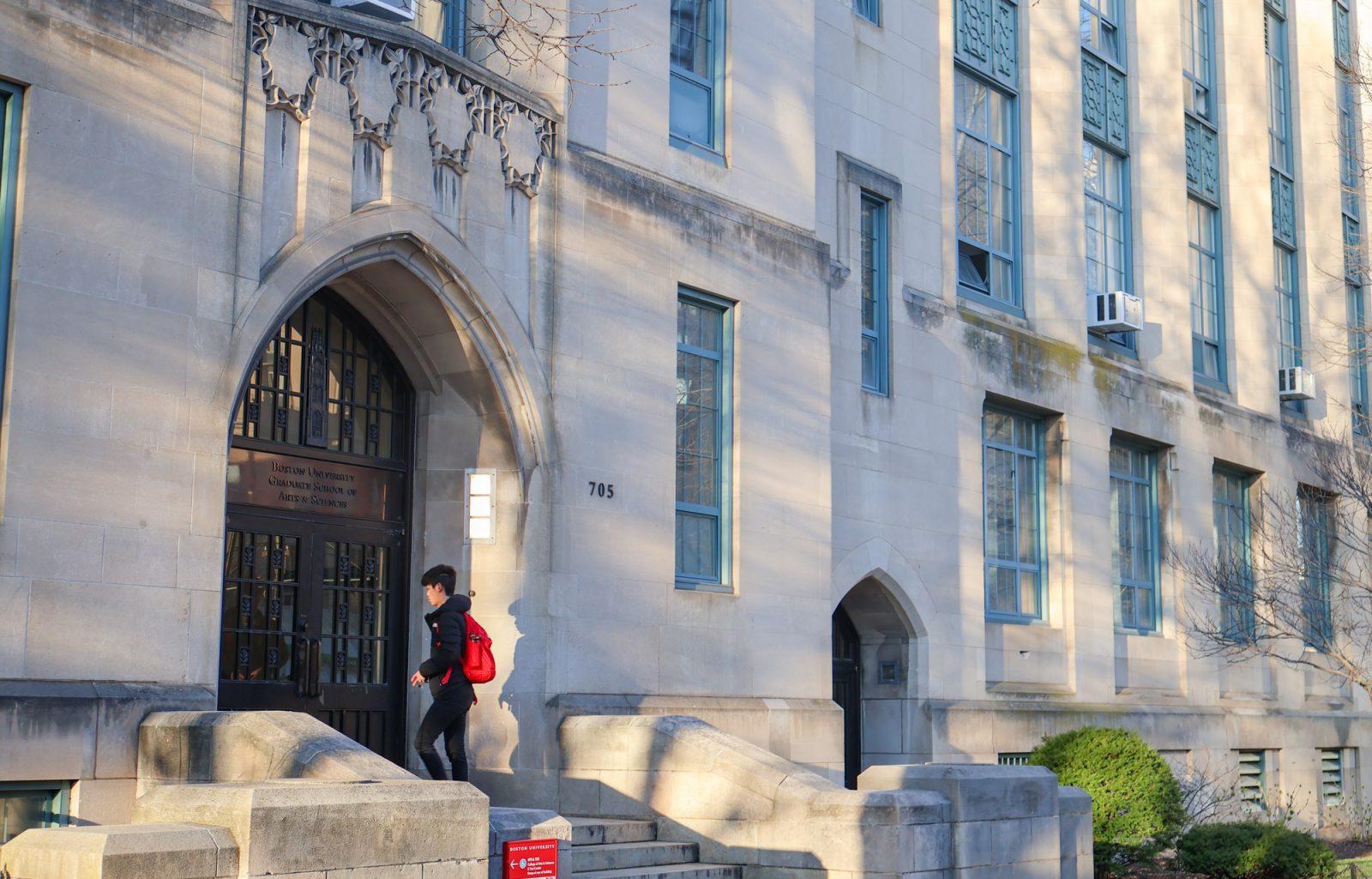A collection of former African leaders may soon find refuge on the Boston University campus under a new 12-month residency program that would put former presidents and dictators in BU classrooms. In doing so, these one-time heads of state will receive protection from any personal danger that could arise after they leave office.
Never before has such a program been implemented at an American university. If all goes as planned, BU students could have the opportunity to learn from some of the world’s most powerful, and notorious, personalities.
There is a certain level of caution that must be expected when dealing with men such as these. Many of these leaders come with tainted pasts, including instigating, and often violently squelching, years of political unrest. It is not unreasonable to see the conflict in importing such elements into BU.
Africa is a land plagued by massive occurrences of violence, and the hardships of each country are oftentimes strongly influenced by government leaders. These same leaders, if brought in as BU teachers, would not only present students with the facts and factions of their former polities, but they would interact with and grade their students over the course of a semester. Professors, especially those with the kinds of strong views these former leaders undoubtedly possess, have a large impact on their students. Given the background of these men, there may be much damage in imposing their influence on students, the future leaders of America.
Nevertheless, offering individual lectures to both BU and the Boston community would be an incredible opportunity. Former Kenyan President Jomo Kenyatta, who had his own controversial experience within his country, was able to bring an African point of view to the anthropology department at a prestigious British university. In a non-classroom environment, such an opportunity could be invaluable for a student. Morally, however, it is hard to justify paying for such services. Boston University would be wrong to endorse the crimes of these leaders’ past, and financing their escape from Africa could be perceived as doing just that.
Boston University is now in the position to bring a wealth of first-hand knowledge to its students. This is a rare opportunity to receive national prestige through a unique program, and the University should be commended for taking such a bold step. Still, there are social issues at stake, and BU students should take all potential consequences into consideration before welcoming tyrants and dictators as their new teachers.

